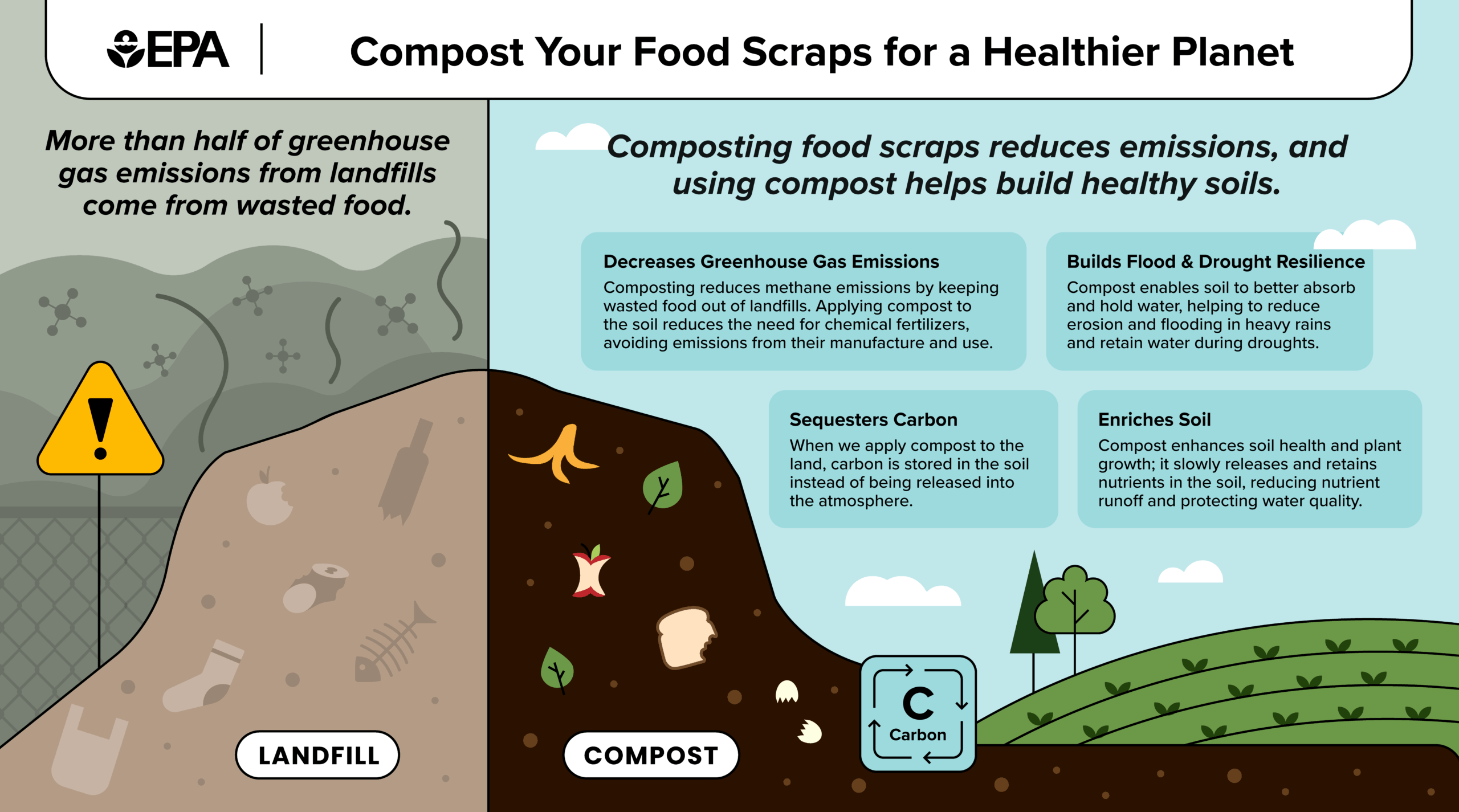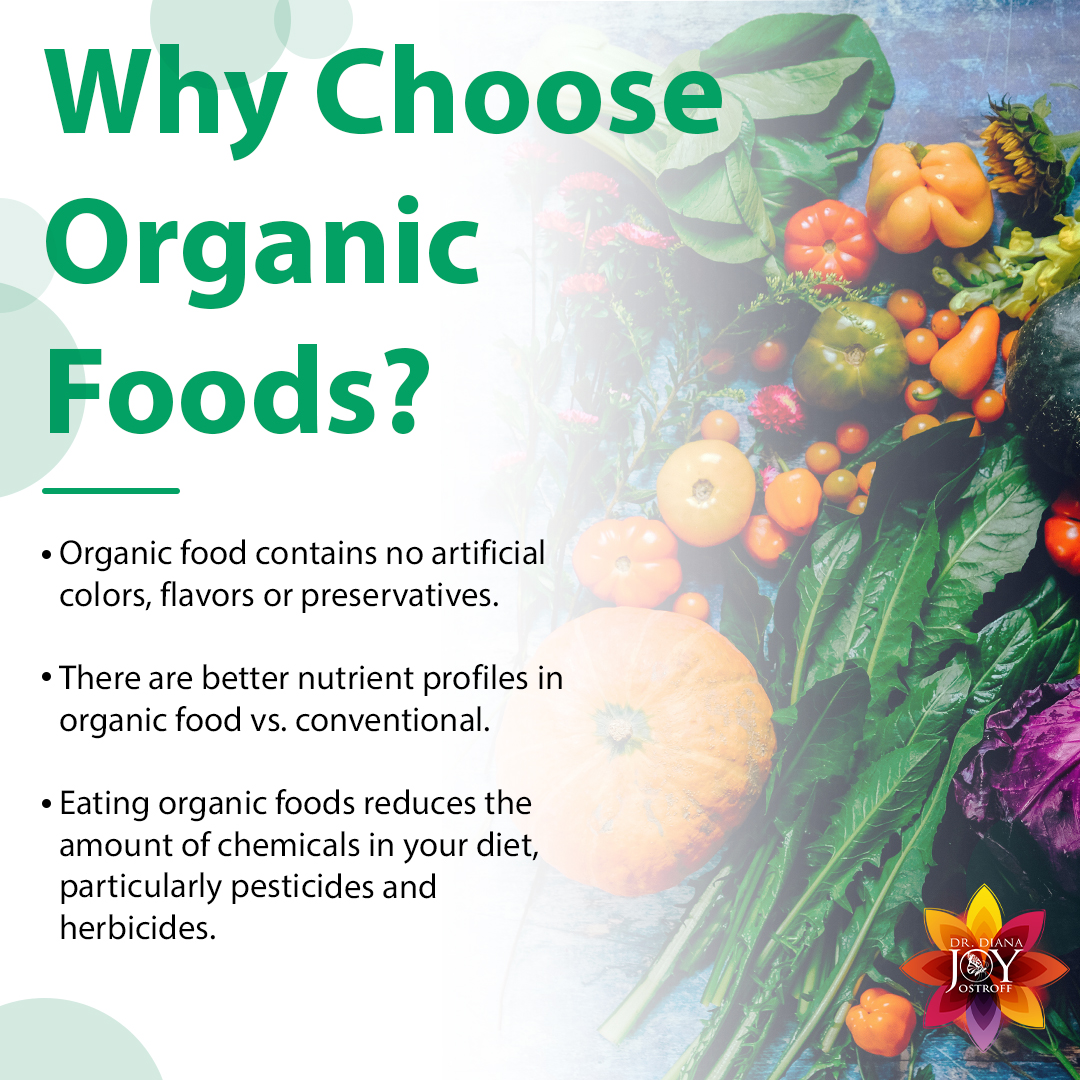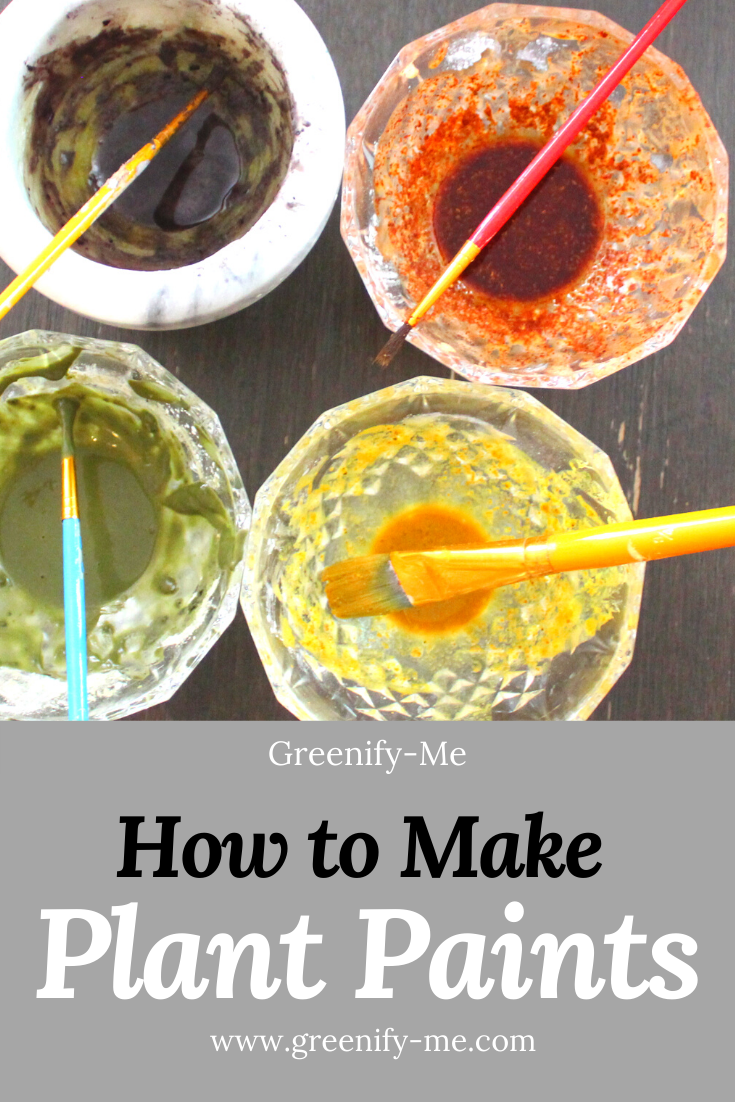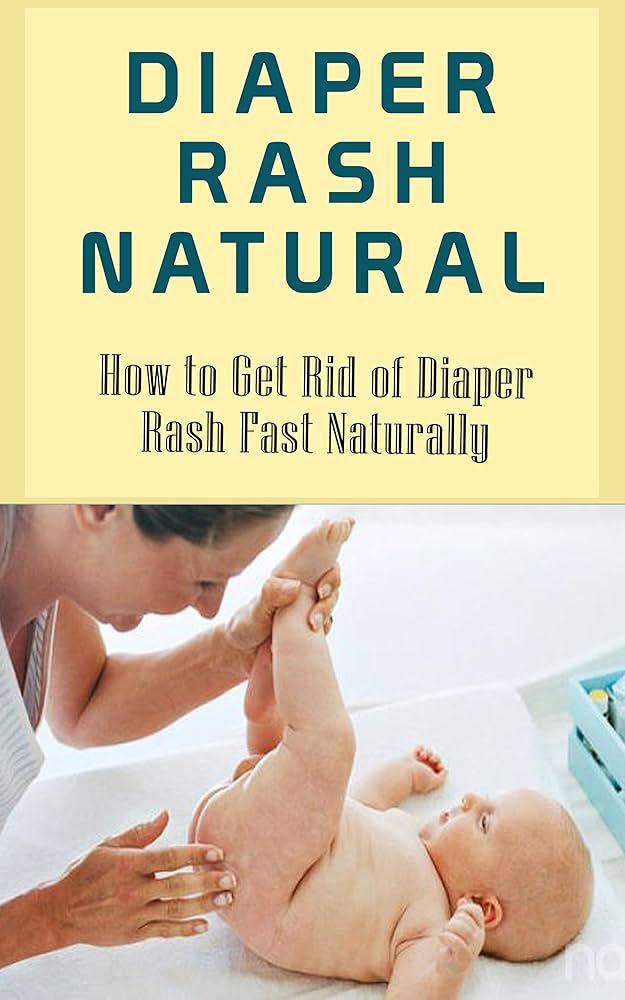Composting is an eco-friendly way to deal with organic waste, and with the rise of biodegradable diapers, parents have a new opportunity to contribute positively to the environment. Understanding how to compost biodegradable diapers is essential for reducing landfill waste and transforming diaper usage into a sustainable practice.
Biodegradable diapers offer a promising alternative to traditional disposable diapers, which can take hundreds of years to decompose. By learning the composting process, you can turn these eco-friendly products into nutrient-rich soil for your garden, all while reducing your carbon footprint.
Can you compost diapers?
While most conventional diapers are not suitable for composting due to the plastic and chemical content, biodegradable diapers are designed with compostable materials. It’s important to note that only the wet diapers are fit for composting, as human feces can contain harmful pathogens and should not be included in your home compost pile.
Commercial composting facilities are equipped to handle diapers with fecal matter, but for home composting, stick to wet diapers only. By doing so, you contribute to organic waste management and help produce valuable compost for non-edible plants and flowers.
How to compost biodegradable diapers at home?
Composting biodegradable diapers at home requires patience and attention to detail. Begin by tearing open the diaper to expose the biodegradable core, which usually consists of fluff pulp and cellulose. These materials are compostable and will break down over time.
Mix the diaper’s core with a good balance of green (nitrogen-rich) and brown (carbon-rich) materials in your compost bin. Greens can include vegetable scraps and grass clippings, while browns might consist of dry leaves and cardboard.
Ensure the compost pile is well-aerated and moistened, resembling a wrung-out sponge. Turn the pile every few weeks to introduce oxygen and speed up the decomposition process.
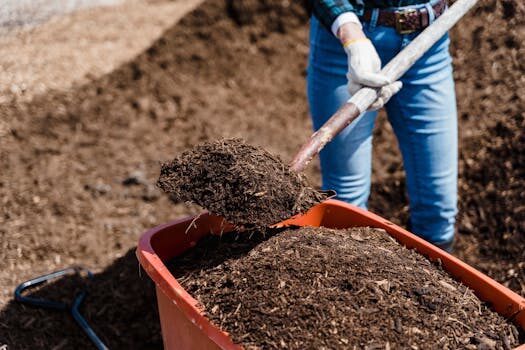
What are compostable diapers?
Compostable diapers, such as gDiapers, are made primarily from plant-based materials that can decompose within a composting environment. Unlike traditional diapers that contain plastics and super absorbent materials, compostable diapers use natural fibers that break down more easily.
The absorbent layer of these diapers is usually made of biodegradable materials like fluff pulp, which is sourced from sustainable forests. Some brands also use biodegradable SAP (super absorbent polymer) alternatives made from natural sources.
How long does it take for diapers to break down?
The decomposition time for biodegradable diapers varies depending on composting conditions. In an optimal setting, they can break down in as little as a few months. However, environmental factors such as temperature, moisture, and microbial activity can influence this timeframe.
To accelerate the breakdown process, make sure your compost pile maintains a balance of greens and browns, stays aerated, and retains enough moisture. Regularly turning the pile helps maintain these conditions and promotes quicker decomposition.
What materials are needed for composting diapers?
To compost biodegradable diapers effectively, you will need:
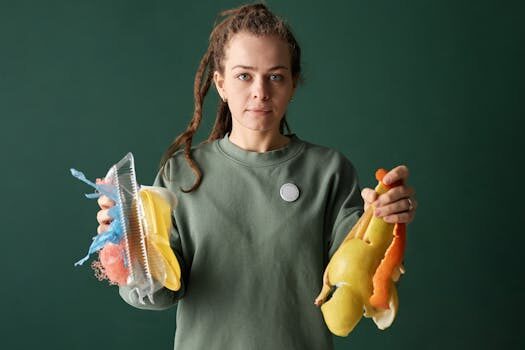
- A compost bin or designated compost area in your yard
- A balanced mix of green and brown compostable materials
- Garden tools for turning and aerating the compost pile
- Water to maintain the pile’s moisture levels
By gathering these materials and establishing a routine, composting diapers at home can become a simple and impactful environmental practice.
Can you compost all types of diapers?
Unfortunately, not all types of diapers are suitable for composting. Only those labeled as biodegradable or compostable can be processed in this way. It’s crucial to check the packaging and manufacturer’s guidelines to confirm the compostability of the diaper brands you choose.
Always remove any non-compostable components, such as tabs or liners, before adding the diaper’s absorbent material to your compost pile.
How to compost cloth diapers effectively?
Cloth diapers are a reusable alternative to disposable ones and can be composted once they are no longer useful for their intended purpose. To compost cloth diapers, cut them into smaller pieces to aid in decomposition and add them to your compost pile with the appropriate balance of other materials.
Keep in mind that cloth diapers with synthetic fibers may not break down entirely and should be separated from 100% natural fiber diapers.
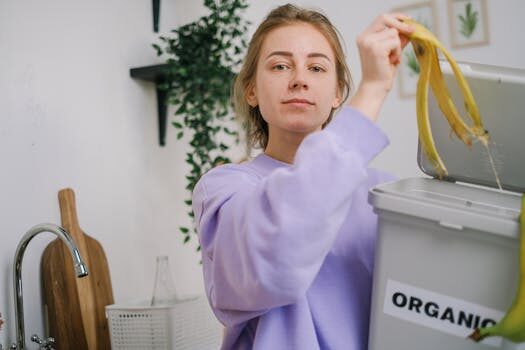
Now, let’s take a closer look at how to manage this process effectively by watching a helpful video on the topic:
Preguntas relacionadas sobre composting biodegradable diapers
Can disposable diapers be composted?
Most disposable diapers cannot be composted due to their plastic materials and chemicals. However, specific brands offer biodegradable diapers that are suitable for composting, usually in a commercial facility.
Always confirm the compostability of a diaper brand before attempting to add it to your compost pile, and remember, only wet diapers should be composted at home.
How to dispose of biodegradable diapers?
Biodegradable diapers can be disposed of by composting or through a biodegradable waste collection service. When composting at home, ensure you’re handling the diapers as recommended, focusing on the biodegradable components and excluding any fecal matter.
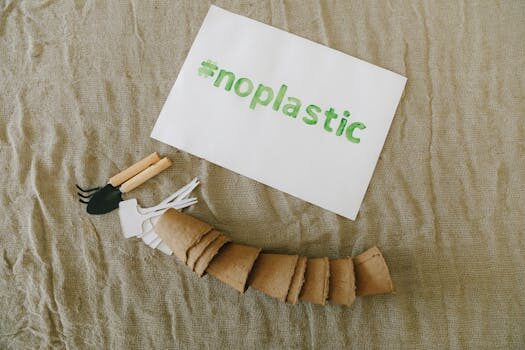
Alternatively, seek out local waste management facilities that accept biodegradable diapers for composting.
Can I throw diapers in compost?
You can throw biodegradable diapers in your compost bin, but with precautions. Only add the wet diapers and exclude any that contain feces to prevent the spread of pathogens in your compost that could be harmful, especially if used on edible crops.
Can I put biodegradable nappies in compost?
Yes, you can put biodegradable nappies in your compost bin, but it’s crucial to ensure they are free from feces and that you are following proper composting practices to facilitate their breakdown.
Conclusion
Composting biodegradable diapers is a sustainable practice that can significantly reduce landfill waste and produce valuable compost. By following the guidelines outlined above, you can effectively compost biodegradable diapers at home and contribute to a healthier environment. Ensure you are using the right types of diapers and understand the composting process to achieve the best results.
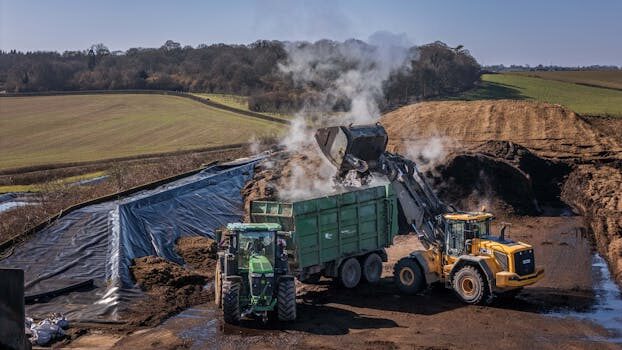
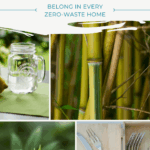 Natural alternatives to plastic toothbrushes – and why you should make the switch
Natural alternatives to plastic toothbrushes – and why you should make the switch
